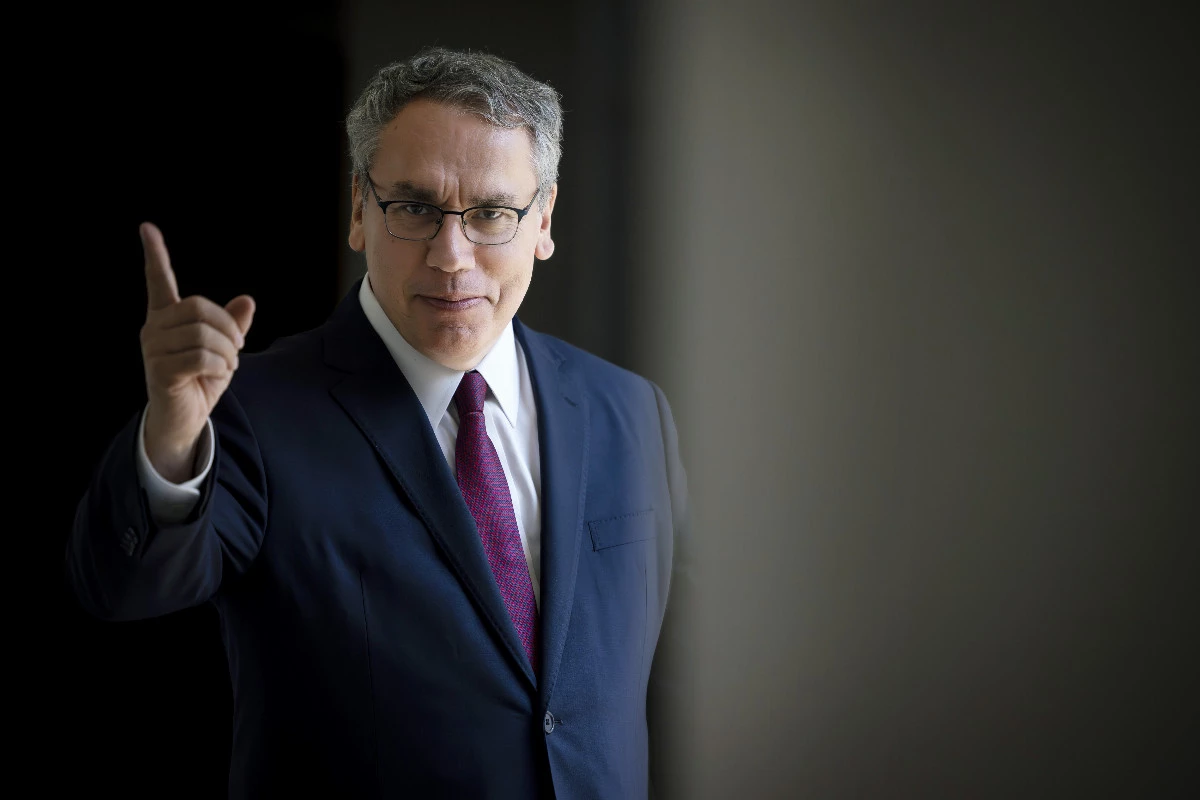How does AFCA coordinate with global organizations such as the IMF or the World Bank to align regional financial policies with international standards?
AFCA is a relatively young organization, only eight years old. Its distinctiveness lies in its consistent advocacy of universal interests. While its membership is global, Asian members — particularly Chinese institutions — make up a significant portion. This membership base needed to find its position within the system of international cooperation, resulting in mutual strengthening: AFCA’s global weight has grown, and the network of international financial advocacy organizations has become broader and more diverse.
Experience shows that in an uncertain, tense, and hard-to-predict global environment, the adaptability of the international financial system is challenged. This has a dual effect: it underscores the need for stronger cooperation among international financial institutions and centers, while simultaneously intensifying competition between them.
Naturally, AFCA maintains official relations with both the IMF and the World Bank — not least because the Chinese yuan now ranks third in the IMF’s Special Drawing Rights (SDR) currency basket, after the US dollar and the euro. Moreover, AFCA enjoys close cooperation with two European financial centers: Frankfurt Main Finance in Frankfurt and Luxembourg for Finance in Luxembourg. It also maintains a high-level, regular relationship with the World Alliance of International Financial Centers (WAIFC).
Beyond these institutional and personal ties, I must emphasize the importance of AFCA’s international conferences. AFCA is a bottom-up organization, serving its members. Conferences held at various locations not only enable the sharing of knowledge, information, and best practices but also draw in members who have so far been less engaged in international cooperation. Internationalization, in turn, represents openness for all — for only through mutual understanding can global challenges truly be addressed.
What role can Hungarian–Asian cooperation play?
Within the European Union, Hungary is a medium-sized country — one among 27. For a long time, Hungary has consistently pursued a pragmatic, eastward-oriented economic policy. In terms of foreign relations, China and South Korea rank among Hungary’s largest investors, confirming the economic success of the “Eastern Opening.”
Further progress is supported by the expansion of direct air connections, strong governmental commitment, the growing and active Chinese community living in Hungary, and deepening cultural, educational, and scientific cooperation. The traditionally good financial relations are also evident: among the 51 members of the Hungarian Banking Association, there are four Chinese and one Korean bank.
From an Asian perspective, Hungarians are the only European people with Asian roots. The Hungarian government’s commitment and the openness of society further strengthen the ability of EU-based companies to successfully enter markets open to cooperation. This is supported by Hungary’s well-developed transport infrastructure, logistics network, and its central geographical position in the region.
Can Hungary maintain good economic relations with both the United States and China?
The Hungarian government builds its foreign economic activity pragmatically, on the basis of mutual interests. Given its size and open economy, Hungary fully utilizes the framework of the European Union while continuously seeking new opportunities and maintaining existing partnerships.
Hungarian–American relations have traditionally been strong: the United States is home to a large Hungarian diaspora, and Hungarians have long viewed Americans as a friendly nation. Conversely, Americans also acknowledge the contributions of Hungarian-born scientists and artists who became renowned in the US, including several Nobel laureates. The friendship between the two nations remains solid.
Regarding China, emphasis has shifted from Chinese students who once came to Hungary to the successful businesspeople now arriving. This relationship has been reinforced by traditionally close financial ties — achievements in part attributable to certain politicians and economic policymakers. We must not forget the Hungarians living in China either, such as the Hungarian-born architect László Hudec in Shanghai.
In other words, strong bonds connect China and Hungary. The friendship between the two peoples provides an excellent foundation for economic policy to prioritize cooperation — which, in the long term, serves the global interest of all nations. Thus, I see Hungary as a forerunner in this tension-filled international environment.
The author is an editor at Eurasia.

